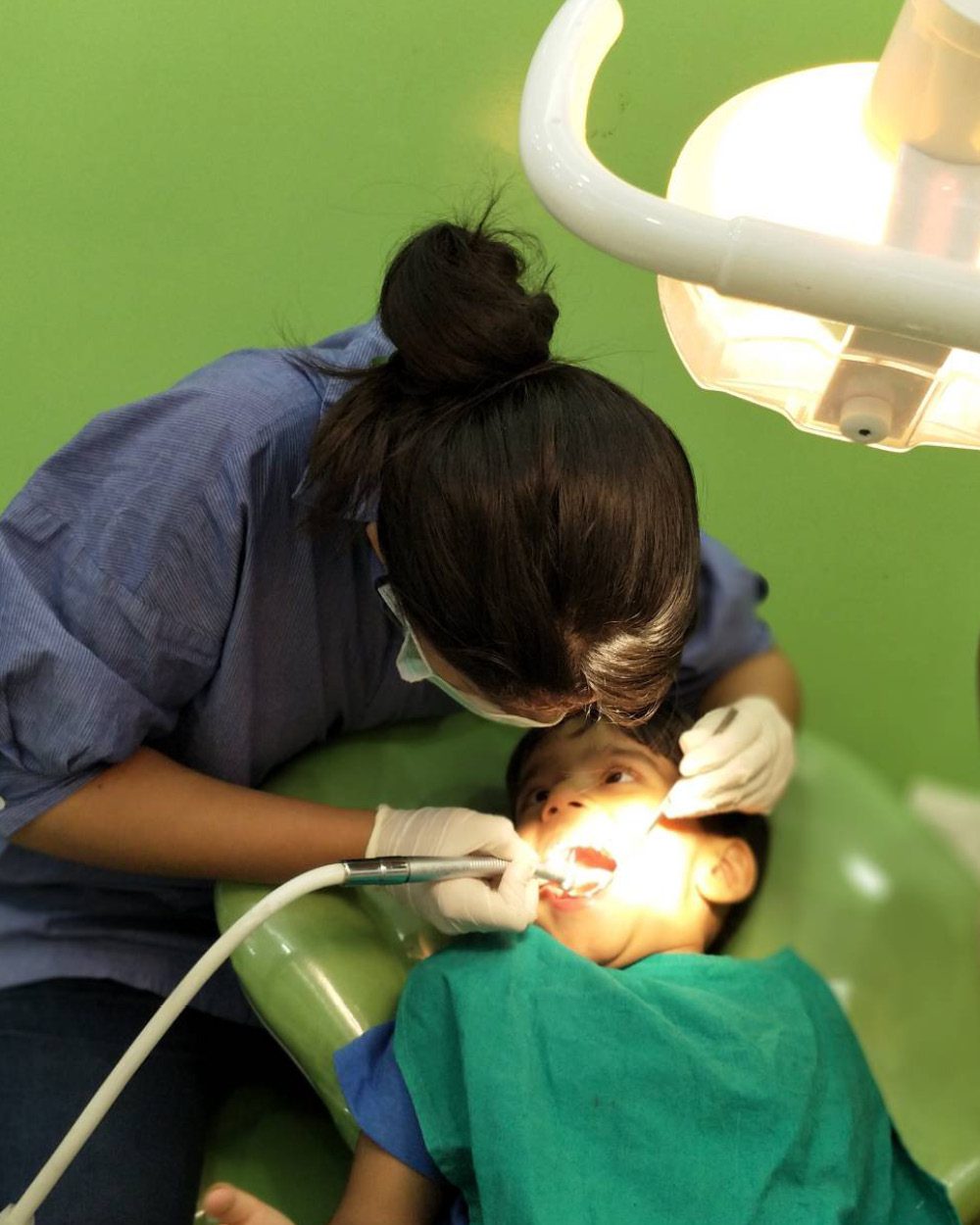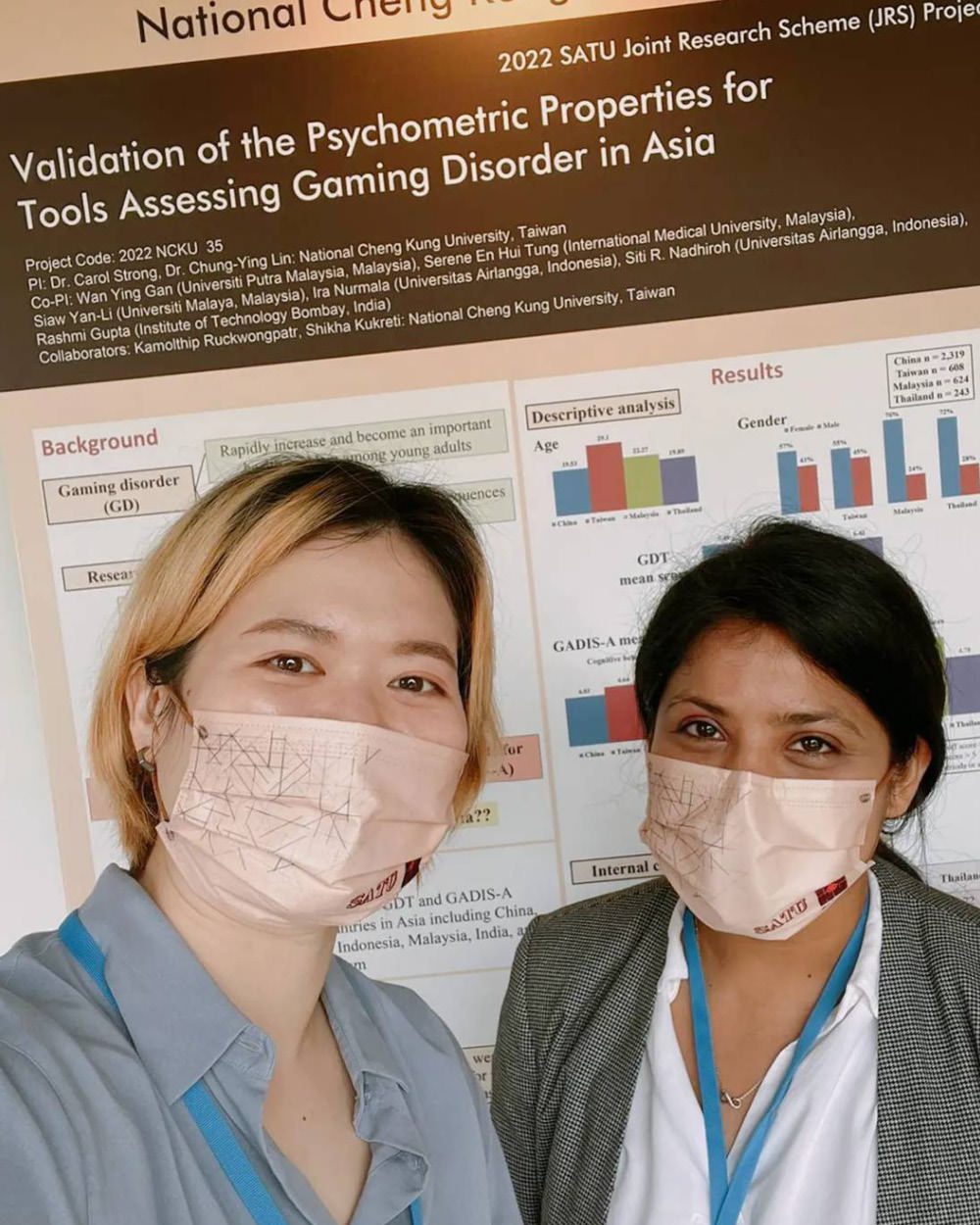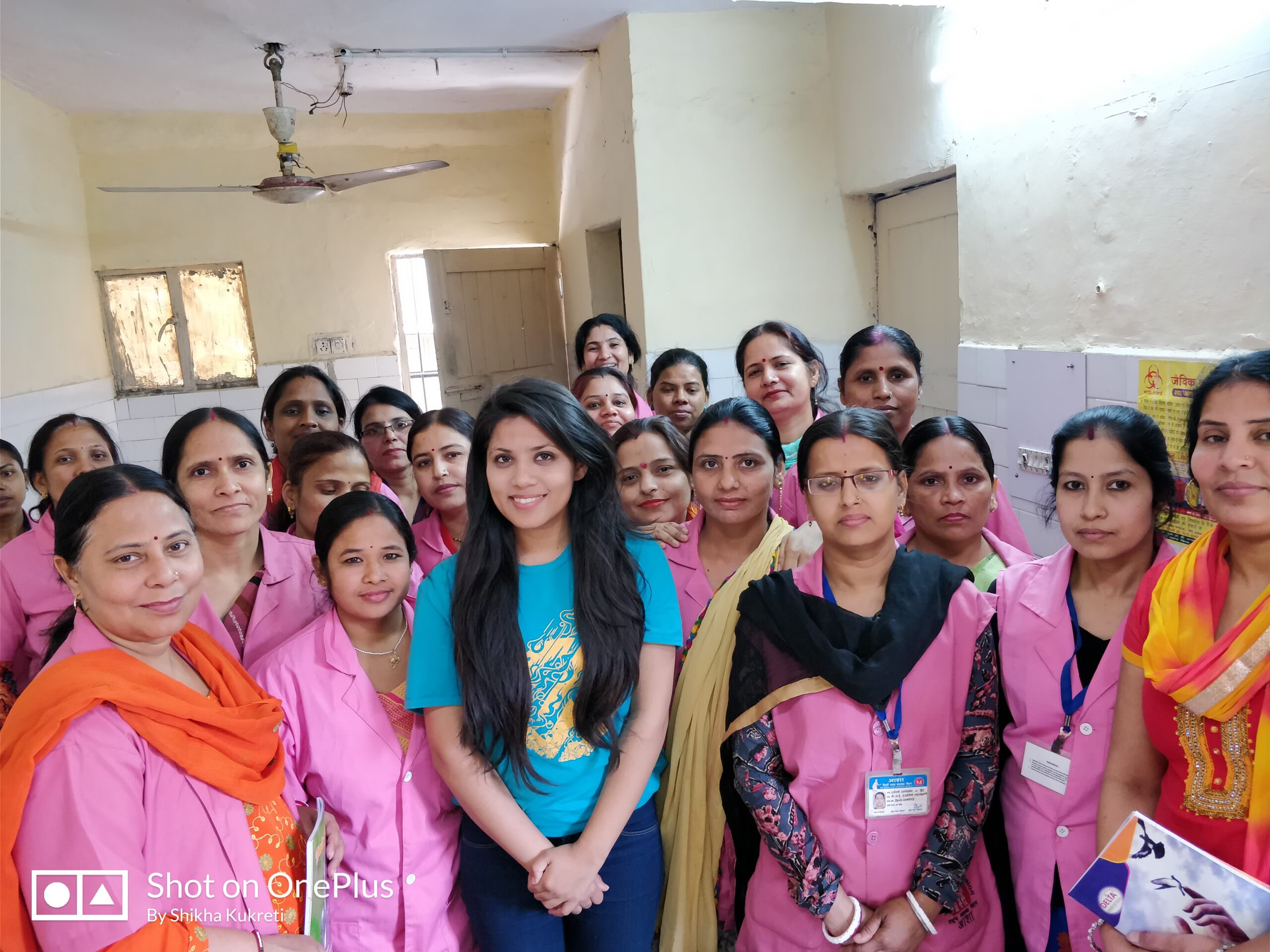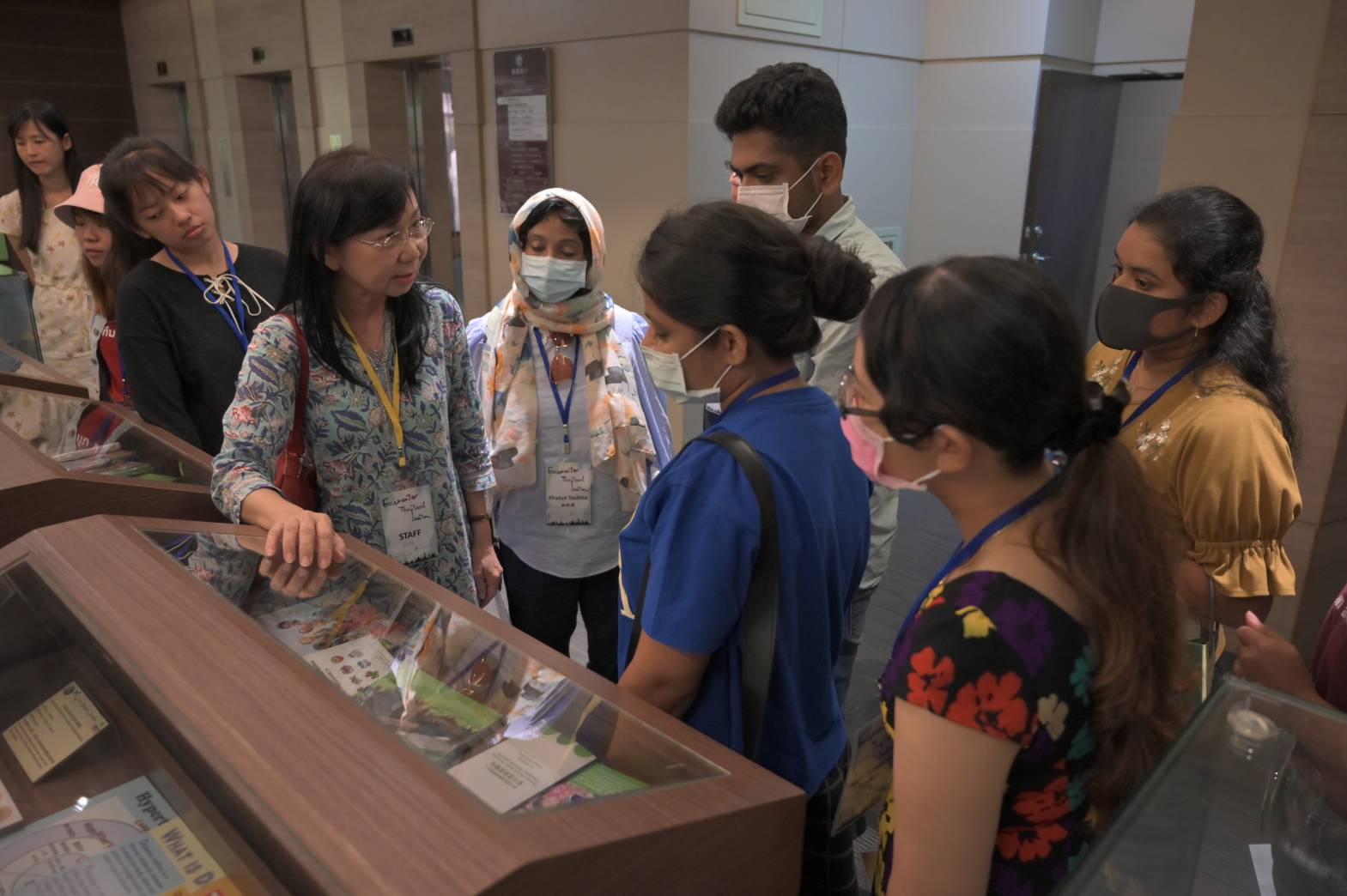As we enter the fourth year of the COVID-19 pandemic, Dr. Shikha Kukreti, MPH, BDS, is focused on exploring the attitude of healthcare workers to vaccines, and their psychological wellbeing during the pandemic. A researcher with the Reimagining India’s Hlealth System: Lancet Citizens’ Commission and a Ph.D. candidate at National Cheng Kung University in Taiwan, Shikha is spending the spring working at the Mittal Institute. We spoke with Shikha about her research project.

Shikha Kukreti, Lancet Citizens’ Commission Researcher.
Mittal Institute: Thank you so much for speaking with us, Shikha! You have a degree in dentistry, and have since transitioned to a Ph.D. candidate at NCKU Taiwan. Can you describe your current course of study, and why you decided to pursue a Ph.D.?
Shikha Kukreti: Thanks for inviting me to speak with you! I have a multidisciplinary background spanning clinical and non-clinical fields, with a specialization in public health. I practiced dentistry and owned and operated a dental clinic independently for two years before pursuing my Masters in public health from the Indian Institute of Public Health, Delhi. My doctoral training began at NCKU Taiwan in September 2019, with a focus on infectious disease, behavioral science, and mental health.
My Ph.D. training highly overlapped the outbreak of COVID-19; therefore, the major focus of my research was on the impact of COVID-19 on psychological well-being, vaccine attitudes, and prevention behavior among healthcare professionals. I was also able to conduct several research projects on modifiable risk factors and their association with mortality; alcohol abuse and mortality; dynamic changes in quality of life; gaming disorders; etc.

Shikha previously owned and operated a dental clinic in India.

Shikha (right) presents a study on gaming’s health impacts.
Mittal Institute: What project are you working on at the Mittal Institute, as a Lancet Citizens’ Commission researcher?
Shikha Kukreti: My research is based on human resources and healthcare in India, including policy developments, so I will develop two case studies describing recent innovations. I’ll also work on a quantitative study on the perception of healthcare workers, for which the project team is currently conducting a survey. Currently in India there is a shortage of human resources across multiple sectors, and due to unequal distribution of health human resources (HRH), the workforce is highly skewed across states, rural–urban areas, public-private sectors, and geographical regions.
From the literature, we found that there is a need to incorporate the availability, accessibility, acceptability, and quality of human resources for the framework of HRH into the National Health Policy of India, to make it more comprehensive. Also, it is imperative to address the substandard working conditions of HRH in primary health centers, as well as the quality of education in healthcare, including continuing professional education, curriculum development, accreditation, and regulations. Moreover, with the sudden increase in cases and deaths, COVID-19 has clearly demonstrated that the health system is unprepared for such a pandemic, and understanding how the healthcare workforce responds and behaves, and what they require during emergencies, is essential for emergency planning.

Shikha (center) poses with community health workers in India during an internship with Delhi state health mission.
Mittal Institute: You are a new researcher with the Lancet Citizen’s Commission, working under the mentorship of Vikram Patel, LMSAI Steering Committee member and the Pershing Square Professor of Global Health at Harvard Medical School. What has been the best part of working with the Lancet, under the supervision of Dr. Patel?
Shikha Kukreti: The best part of working with the Lancet citizen commission under the guidance of Prof. Patel is fostering a deep learning and experiencing the great working environment at Harvard.
Mittal Institute: What was the biggest motivator for you in coming to the Mittal Institute?
Shikha Kukreti: One of my biggest motivators has always been the acquisition of new knowledge. The Mittal Institute represents an important milestone for me as it provides a chance to get a sense of direction for my future research. It also allows me to gain a deeper understanding of critical issues in South Asia and its relationship with the world, by collaborating with interdisciplinary researchers.

Shikha (center) was invited to visit Chunghwa Christian Hospital in Thailand to learn how to combat the COVID-19 outbreak.
Mittal Institute: Upon your return to Taiwan, what do you have planned for your research?
Shikha Kukreti: My plan after going back to Taiwan is to extend my research on strengthening healthcare systems by enabling digital innovation to achieve gender equality in healthcare system’s digital age.
